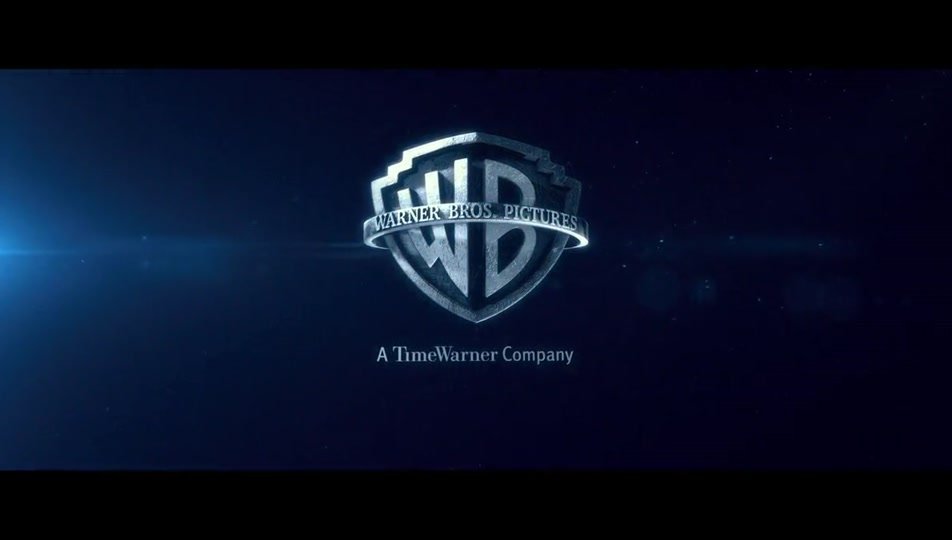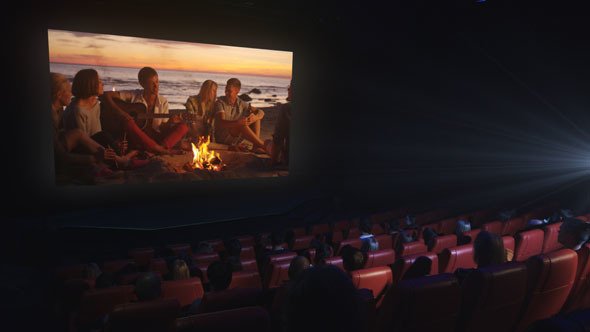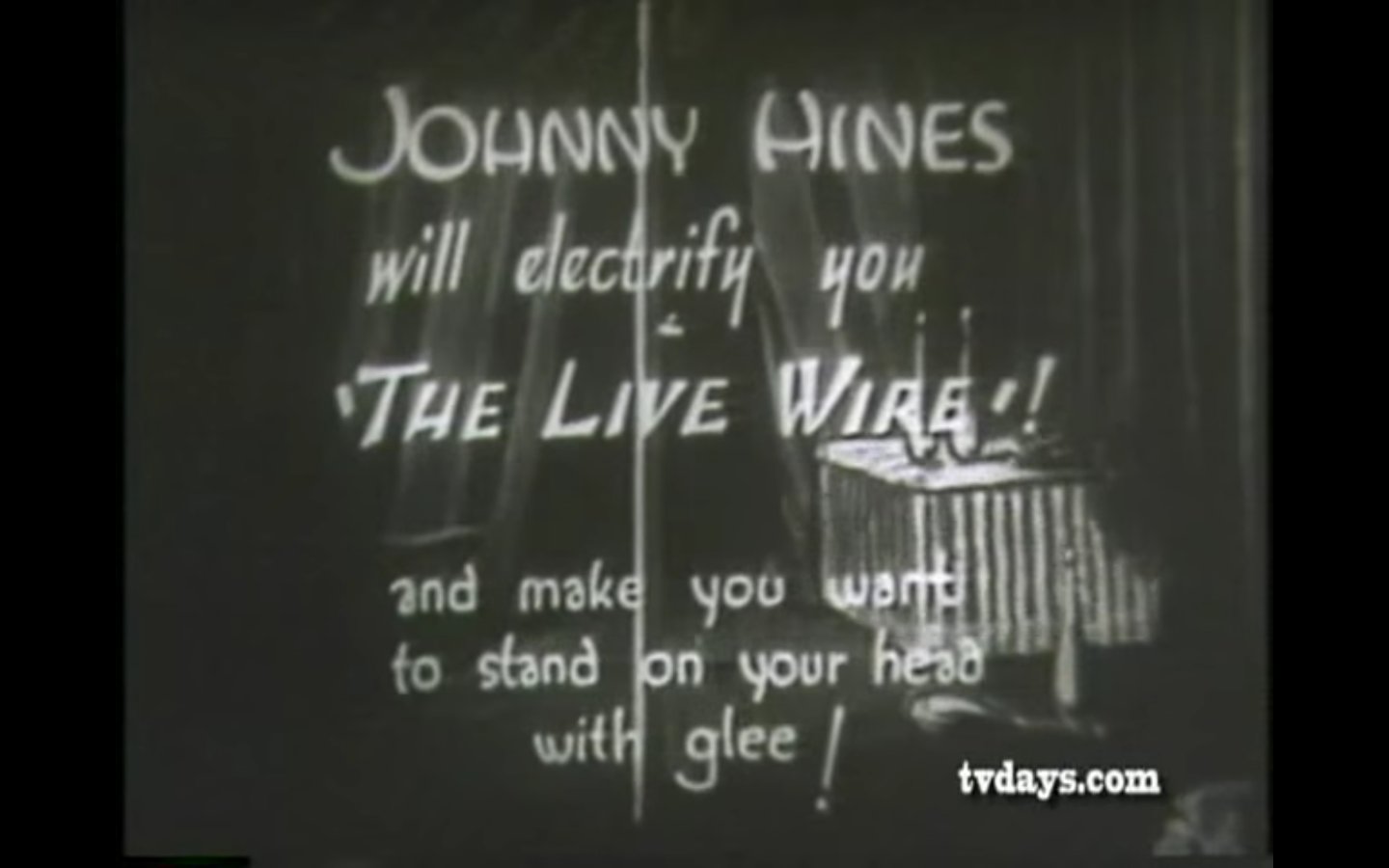“Ye toh sirf trailer tha, poori picture abhi baaki hai.”
Truer words haven’t been said about cinema, or life.
Leaving out life for now, trailers are of crazy importance as they can make or break a movie lined up for release.
In my opinion, it was a cruel and genius invention.
Cruel because a newly-launched trailer can tease just enough to get us all worked up, and then leaves us desperate till the big day.
And genius because of its incredible origin. Trailers have a super-inspired history and I’d like to take this opportunity to shed some light on it.
So, here’s how it all started.

It was 1913.
One day in November, a man called Nils Granlund came up with a revolutionary idea. Interestingly, the first ever trailer wasn’t even for a film. It was for a Broadway musical called The Pleasure Seekers.
Granlund noticed that audiences had to wait between different shows in theatres. So he decided to use the gap by filling it with never-done-before advertising.
He very smartly put together a brief promotional clip using footage from the rehearsals of the play and showed it to the people in presence.
It worked like magic.
By doing so, he unknowingly made way for the biggest breakthrough in film marketing. His great grandkids would be so proud (if not stinking rich).

(Fun fact: He even made trailers for the biggest star of that era – Charlie Chaplin)
Anyhow, the concept’s popularity spread rapidly.
In the same year, a producer called William Selig put his own twist to it. He started the trend of ending his action-adventure stories with short teasers of the next episode. Considering each episode came to a close on a suspenseful note, obviously viewers wanted to find out what happened next.
That did the trick. Audiences came back in bigger crowds for more.
And this, ladies and gentlemen, led to the creation of the first traditional trailer!
The reason it got the term ‘trailer’ was because it was shown after the movie was over. It trailed the main feature.

Witnessing the success of trailers, studios began making their own trailers, instead of approaching the National Screen Service, which had controlled the trailer-making business exclusively for over 4 decades (from 1919 to 1960). Their monopoly ended when filmmakers like Alfred Hitchcock started making their own trailers.
Now you know everything about the great, century-old legacy of trailers, guys.
Trailers have changed a lot over the years. Back then, they could be however long. Now, they come with a time limit and are called ‘previews’.
Earlier, the trailers were narratively crude and made little sense; they focused on throwing in one-liners and effective slogans to grab attention. Today, trailers are fancy, sharply edited and basically snippets of the entire plot.

But what hasn’t changed is the absolute necessity for spanking trailers! There are epic trailers for average movies and shitty trailers for great movies. Not everyone can master the art of making a flawless trailer.
Can you imagine booking a ticket and heading to a theatre without any idea of what you’re going to watch?
Neither can I. Guess we have one man called Nils Granlund to thank. May he be chilling in his grave, watching the trailers we make, till the end of time!
We’ll always wait for the next ‘Coming soon’, dear sir.

















